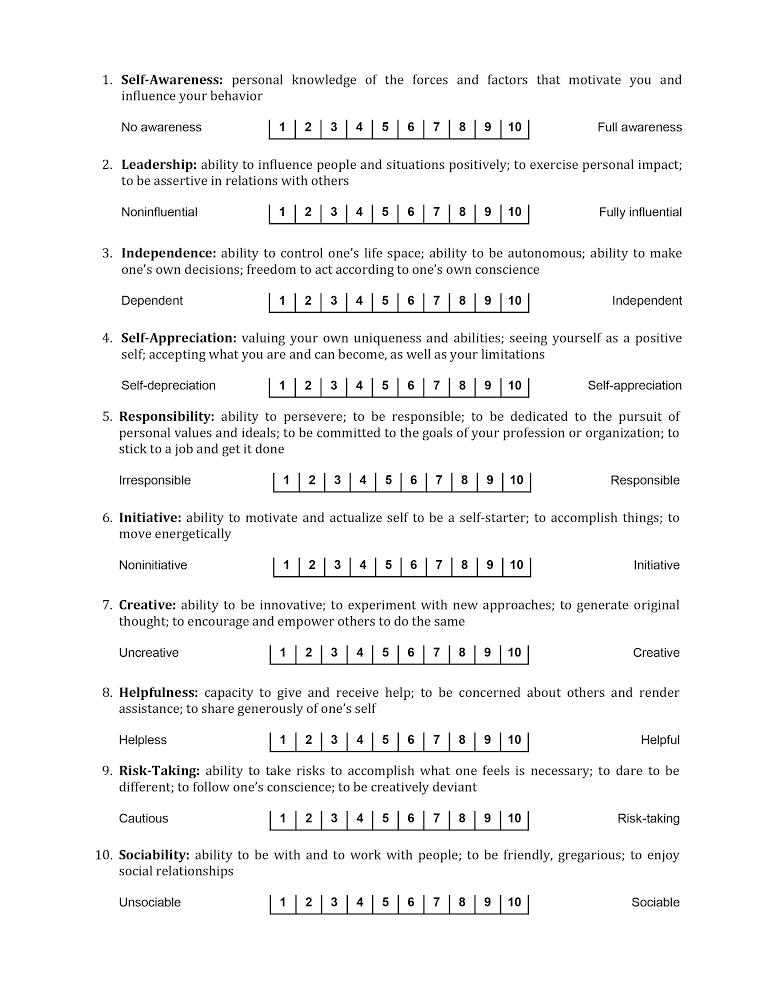Emotional Intelligence Daniel Goleman Pdf
Consortium for Research on Emotional Intelligence in Organizations EI and Performance 1. An EI-Based Theory of Performance. Cary Cherniss and Daniel Goleman. Daniel Goleman's five components of emotional intelligence. Emotional Intelligence, as a psychological theory, was developed by Peter Salovey and John Mayer. Free download or read online Emotional Intelligence Pdf Book By Daniel Goleman, why it can matter more than IQ. Emotional Intelligence By Daniel Goleman.

Author Daniel Goleman applies the rules of 'emotional intelligence' to the workplace. Being intelligent counts in the world of business, but the interpersonal smarts referred to as 'emotional competencies' count even more. Goleman, who wrote the seminal book Emotional Intelligence, underscores his conclusion with numerous studies and anecdotes, showing that those who have 'people skills' are likelier to succeed.
Skills that help teams collaborate are increasingly important as coalition building emerges as the model for getting things done. Goleman includes thorough guidelines for implementing effective 'EQ' training programs. Companies that train managers in 'emotional competencies' reap concrete business benefits: increased sales, more seamless teamwork, and constant improvement based on analysis and feedback. GetAbstract highly recommends this well-written book on how understanding feelings adds to your bottom line. The observations in getAbstract are totally on target. I have worked in the corporate world (public and private sectors) for over thirty years.
Most of the positions I have held have been in fortune 400 companies (or better) at a senior executive level. Itc Officina Sans Book Bold Font. Pepperdine University turned me on to the work in September 2011. Once it arrived I read it from cover to cover without stopping. I found the case studies and related leadership dilemmas relevant to the semiotic domains of U.S. Corporations and our government in modern times.
Executive Summary Reprint: R0401H When asked to define the ideal leader, many would emphasize traits such as intelligence, toughness, determination, and vision—the qualities traditionally associated with leadership. Such skills and smarts are necessary but insufficient qualities for the leader. Often left off the list are softer, more personal qualities—but they are also essential. Although a certain degree of analytical and technical skill is a minimum requirement for success, studies indicate that emotional intelligence may be the key attribute that distinguishes outstanding performers from those who are merely adequate. Patch Clamp Whole Cell Tecnica. Psychologist and author Daniel Goleman first brought the term “emotional intelligence” to a wide audience with his 1995 book of the same name, and Goleman first applied the concept to business with this 1998 classic HBR article.
In his research at nearly 200 large, global companies, Goleman found that truly effective leaders are distinguished by a high degree of emotional intelligence. Without it, a person can have first-class training, an incisive mind, and an endless supply of good ideas, but he still won’t be a great leader.

The chief components of emotional intelligence—self-awareness, self-regulation, motivation, empathy, and social skill—can sound unbusinesslike, but Goleman, cochair of the Consortium for Research on Emotional Intelligence in Organizations, based at Rutgers University, found direct ties between emotional intelligence and measurable business results. The notion of emotional intelligence and its relevance to business has continued to spark debate over the past six years, but Goleman’s article remains the definitive reference on the subject, with a detailed discussion of each component of emotional intelligence, how to recognize it in potential leaders, how and why it connects to performance, and how it can be learned. Every businessperson knows a story about a highly intelligent, highly skilled executive who was promoted into a leadership position only to fail at the job.